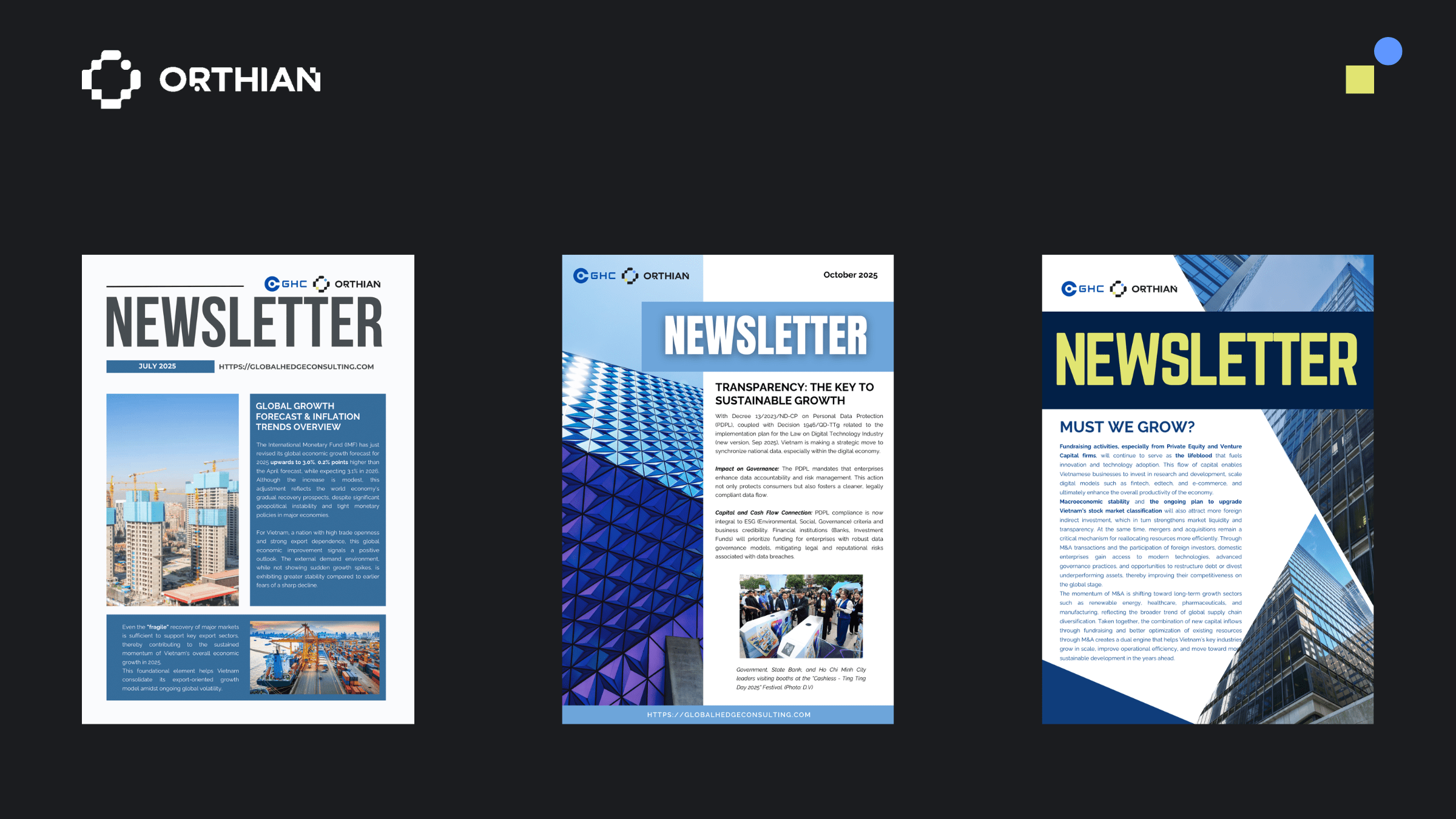Artificial Intelligence (AI) is rapidly transforming the business landscape, presenting both unprecedented opportunities and challenges. To navigate this evolving environment, businesses must stay informed about the latest AI trends and statistics. This article dives into 15 critical AI statistics that will shape business strategies in 2025 and beyond.
Key AI Statistics for Business in 2025
AI-Generated Images and Digital Transformation on Social Media
The rise of AI image generation tools is significantly impacting visual content creation, a key aspect of digital transformation for businesses. With over 2,000 AI image generation tools now readily accessible online, both businesses and individuals are increasingly leveraging AI to produce a wide range of visual content. This shift is fundamentally changing how marketing materials and conceptual designs are created, offering the potential to overcome traditional creative constraints and reduce costs.
AI-Generated Images Dominate Social Media
As many users have likely observed on their social media feeds, AI-generated imagery has become increasingly dominant, transforming social platforms into showcases for what can be termed “synthetic creativity”. This trend is a significant aspect of digital transformation, as it dramatically lowers the barriers to visual content creation for both brands and influencers. AI business solutions are empowering creators to produce content more efficiently and creatively. However, this rise in AI-generated imagery also raises important questions about authenticity and trust in digital spaces.
Surge in Deepfake Fraud: The Dark Side of AI
The AI services market is experiencing rapid expansion, a key driver of digital transformation across industries. Growing at a compound annual growth rate (CAGR) of 28%, the global AI services market is projected to reach a value of $826.7 billion by 2030. This explosive growth signals AI’s shift from an experimental technology to a business necessity. Companies worldwide are actively seeking expertise to implement and optimize AI business solutions that provide competitive advantages and enhance operational efficiencies.
Tech Giants’ $320 Billion AI Investment: The Future of Innovation
For leading tech companies like Google, Microsoft, Amazon, and Meta, maintaining a leading position in AI development is a critical priority. The scale of investment in AI is unprecedented, with sums exceeding the Gross Domestic Product (GDP) of numerous countries. This level of financial commitment highlights the existential importance of the “AI race” for these major tech players. They view dominance in AI as essential to securing their future market position and driving revenue growth across their diverse business lines, ultimately shaping the landscape of digital transformation.
AI Services Market Growth: A $243 Billion Opportunity
The field of visual content creation is undergoing a significant transformation, driven by the increasing use of AI image generation tools. Currently, over 34 million AI-generated images are created daily using more than 2,000 AI image generation tools available online. This massive output signifies a fundamental shift in how businesses and individuals approach content creation, relying on AI to produce diverse materials, from marketing visuals to conceptual designs, potentially reducing traditional creative limitations and costs.
AI Agents: 25% of Enterprises Embrace Automation
Businesses that strategically invest time and resources in leveraging AI are increasingly reporting positive results. This high reported satisfaction rate partially explains the accelerating pace of AI adoption, as initial successes build confidence and encourage broader implementation. However, it’s important to note that achieving full-scale AI implementation and maximizing return on investment (ROI) can be a complex process, and many companies encounter challenges in scaling their AI initiatives within their digital transformation strategies.
AI in Healthcare: Market Doubles to $38.7 Billion
Enterprise users are demonstrating significant enthusiasm for the latest and most capable AI tools, particularly those designed to execute complex, multi-step tasks. This growing interest represents a shift towards the adoption of autonomous AI agents, marking a notable evolution beyond basic task automation. Leading organizations are increasingly entrusting AI systems to manage sophisticated workflows within their digital transformation initiatives. These workflows often demand advanced capabilities such as reasoning, strategic planning, and adaptive decision-making across various business processes.
The AI Adoption Gap: Getting AI to the Workforce
While many industries are rapidly adopting AI technologies as part of their digital transformation strategies, a significant challenge remains: AI tools are not yet being effectively integrated into the daily workflows of the majority of the workforce. Bridging this AI adoption gap is a key priority for enterprise AI vendors. This gap represents both a challenge and a substantial opportunity for organizations. To fully realize the productivity gains that early AI adopters are experiencing, businesses must overcome technical barriers, address skills deficits, build trust in AI, and manage change resistance within their workforce.
AI Trust Divide: Global Differences in Acceptance
Trust in AI technology varies significantly across different regions, as highlighted by a global study from Axios. This variation in public trust is widely recognized as a crucial factor influencing AI adoption rates. These stark regional disparities in AI trust levels could have profound implications for global competitiveness. Regions with higher levels of trust may experience accelerated AI adoption, greater workforce acceptance of AI, and more favorable regulatory environments for AI development and implementation, ultimately impacting their success in digital transformation.
The Rise of the AI Influencer Economy: A $7 Billion Market
Brands are increasingly leveraging generative AI as a key tool in their digital transformation strategies to connect with digital-native Gen Z consumers. This rapidly expanding market segment is driving a fundamental shift in how brands approach engagement with younger audiences. AI business solutions offer unprecedented control over messaging, visual appearance, and interaction styles, while simultaneously mitigating the unpredictability and potential controversy often associated with relying on human influencers.
AI and Energy: Data Centers’ Growing Power Consumption
The energy consumption of data centers is projected to more than double, reaching 11% of U.S. power consumption by 2030, with AI-related processes accounting for an estimated 20% of that increase. This trend highlights a significant challenge for sustainable digital transformation, increasing the urgency to enhance data center energy efficiency and develop cleaner power sources. AI’s rapidly growing energy footprint poses a conflict between technological advancement and environmental sustainability goals, necessitating major advancements in computing efficiency or energy generation.
On-Device AI: Transforming the Smartphone Experience
The integration of on-board generative AI processing is transforming handsets into edge AI devices, delivering tools that are faster, more personalized, and more secure. This shift towards on-device AI computing is a key aspect of the digital transformation of the mobile experience. AI business solutions are enabling sophisticated AI capabilities without reliance on cloud computing, thereby addressing performance limitations and privacy concerns that have previously restricted mobile AI implementations.
Open-Source AI: Adopted by 50% of AI-Using Companies
Enterprise users are increasingly adopting open-source AI tools as part of their digital transformation initiatives. Utilizing these tools can reduce costs and provide access to a collaborative community of developers and researchers. This significant adoption of open-source solutions reflects growing confidence in community-driven AI development. Organizations are seeking to achieve a balance between the advantages of proprietary AI solutions and the accelerated innovation, customization flexibility, and wider talent pool access offered by open-source ecosystems.
AI Integration: A Strategic Priority for Tech Leaders
Even among companies with mature AI strategies, only 30% report full integration of AI into their day-to-day operations. This discrepancy between strategic intention and effective operational execution represents a significant challenge in AI-driven digital transformation. Successfully translating a high-level AI vision into practical, organization-wide implementation that delivers consistent value across all business units and functions remains a key hurdle for many organizations pursuing AI business solutions.
Conclusion
These 15 AI statistics highlight the transformative power of AI and its growing importance for businesses in 2025. By understanding these trends, businesses can make informed decisions and leverage AI to achieve their strategic goals.
The information presented in this article is based on data and insights from Forbes.
Learn more about partnering with Orthian for your digital transformation journey.






